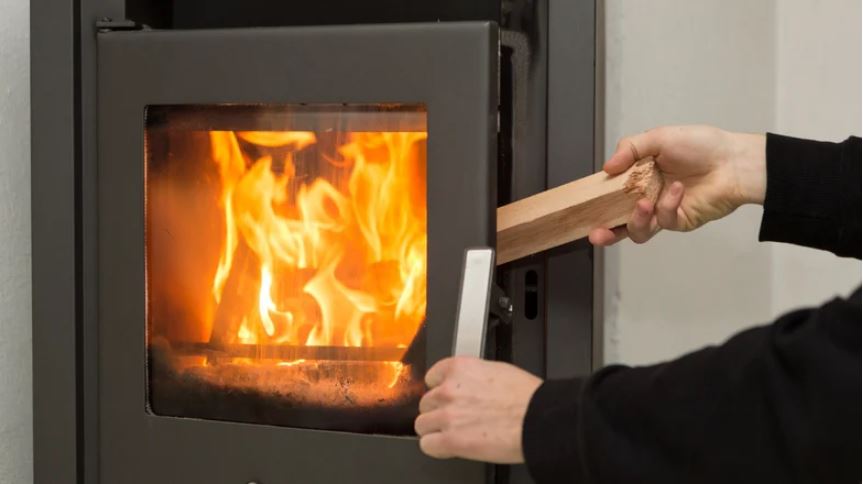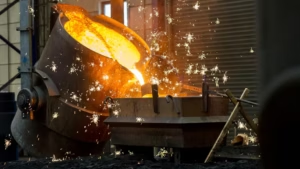Von Olivia Daume
Ab dem 31. Dezember 2024 ist das Einheizen mit bestimmten Ofenmodellen nicht mehr möglich. Grund dafür ist die erste Bundesimmissionsschutzverordnung, die strengere Emissions-Grenzwerte für Feinstaub und Kohlenmonoxid bei Kaminen mit sich bringt.
Nach Angaben des Bundesverbands des Schornsteinfegerhandwerks sind in Sachsen rund 65.000 Anlagen von der Verordnung betroffen. Deutschlandweit ist nach Schätzungen des Industrieverbands Haus-, Heiz- und Küchentechnik von rund vier Millionen Geräten die Rede.
Kaminöfen: Nachrüsten oder Neukauf?
Ab Ende 2024 liegen die neuen Grenzwerte für Feinstaub bei maximal 0,15 Gramm pro Kubikmeter und für Kohlenmonoxid bei maximal vier Gramm pro Kubikmeter. Öfen, die zwischen dem 1. Januar 1995 und dem 21. März 2010 in Betrieb genommen wurden und die neuen Grenzwerte nicht einhalten können, müssen demnach nachgerüstet oder stillgelegt werden. Das Ziel: umweltfreundlicheres Heizen.
Für viele stellt sich nun die Frage: Nachrüsten oder Neukauf? Während Feinstaubfilter kurzfristig eine kostengünstige Lösung sein können (im Schnitt zwischen 300 und 2.000 Euro), bieten moderne Öfen langfristige Vorteile hinsichtlich der Effizienz und Reduktion von Emissionen. Die Anschaffungskosten für einen neuen, umweltfreundlicheren Ofen liegen dem Haus-, Wohnungs- und Grundeigentümer-Verein zufolge zwischen 500 und über 2.000 Euro, abhängig von Ausstattung und Funktionen.
Welche Ausnahmen gibt es?
Eine staatliche Förderung für den Austausch oder Umbau gibt es nicht, aber für den Umstieg auf umweltfreundliche Heizsysteme wie wasserführende Pelletöfen oder Biomasseöfen. Zuschüsse können bis zu 35 Prozent der Investitionskosten abdecken, etwa vom Bundesamt für Wirtschaft und Ausfuhrkontrolle. Über die staatliche Förderbank KfW sind auch zinsgünstige Kredite für energetische Sanierungen erhältlich.
Um den Betrieb des Ofens nach 2024 fortsetzen zu dürfen, ist ein Nachweis über die Einhaltung der Emissionsgrenzwerte erforderlich. Alternativen zu traditionellen Kaminöfen sind Pelletöfen, Elektrokamine, Gaskamine und Ethanol-Kamine. Diese bieten eine umweltfreundliche Wärmequelle mit geringeren negativen Auswirkungen auf die Luftqualität.
Doch es gibt Ausnahmen: Historische Öfen, die vor 1950 errichtet wurden, genießen Bestandsschutz, ebenso wie einige handwerklich gefertigte Kachelöfen. Offene Kamine, die selten genutzt werden, sowie Küchenherde mit einer Wärmeleistung von weniger als 15 kW fallen ebenfalls unter die Ausnahmeregelung. Dient ein Kaminofen als einzige Heizquelle, kann auch hier eine Ausnahme genehmigt werden.








